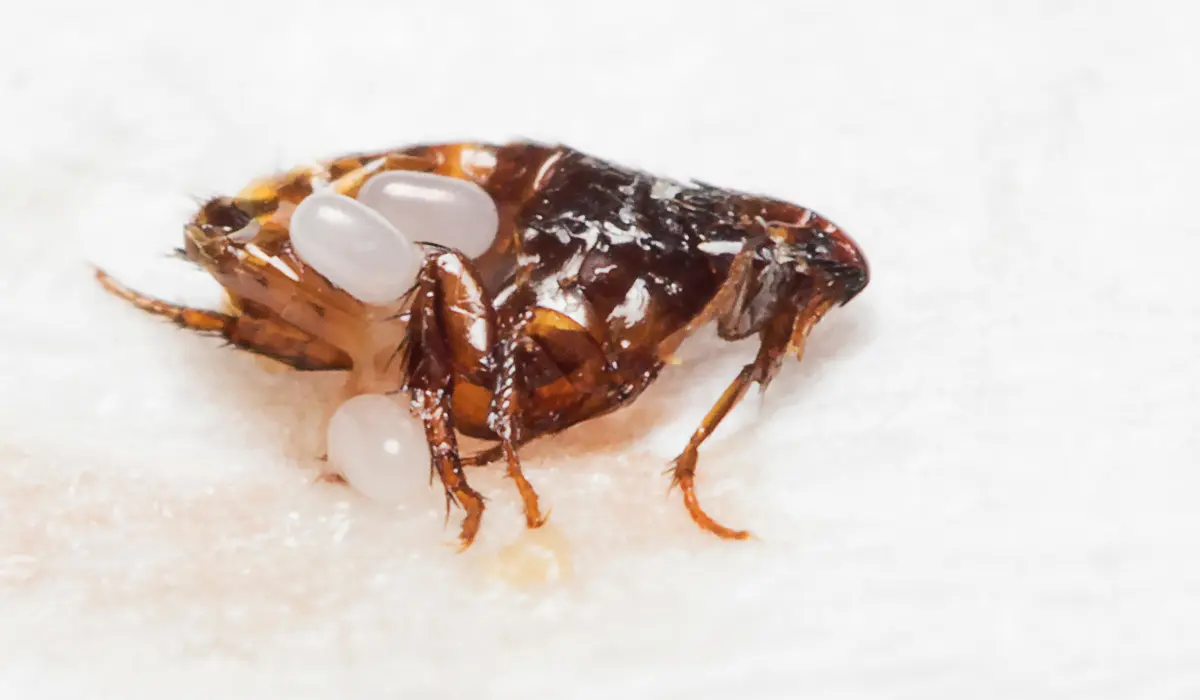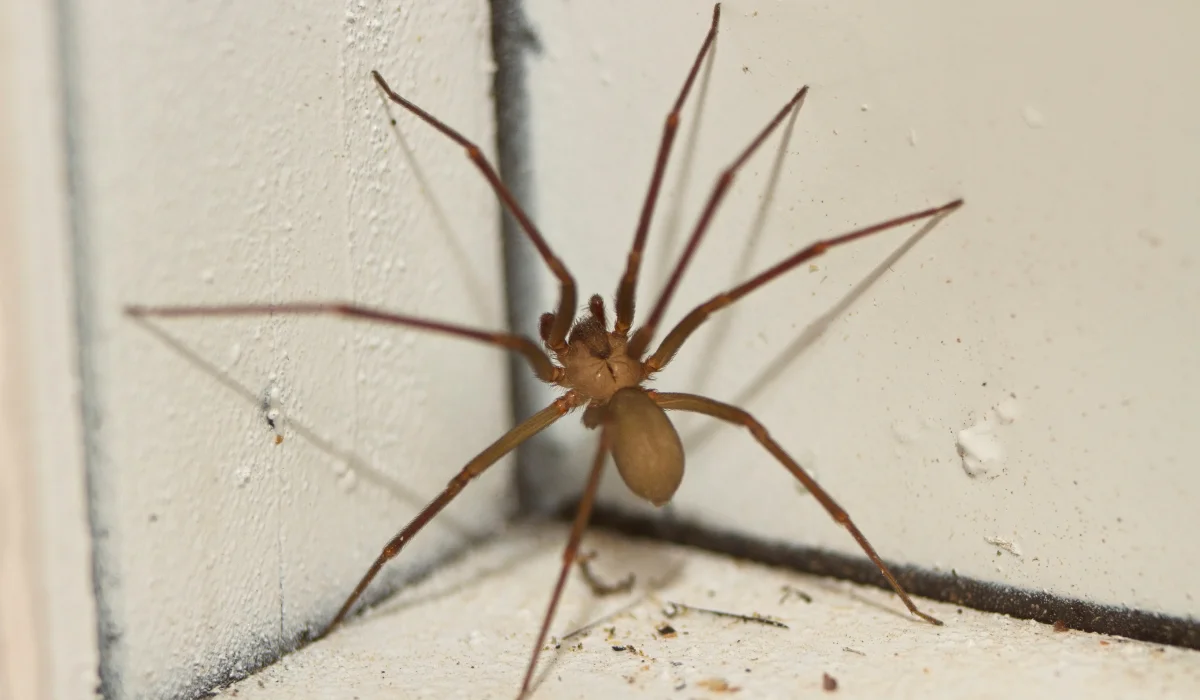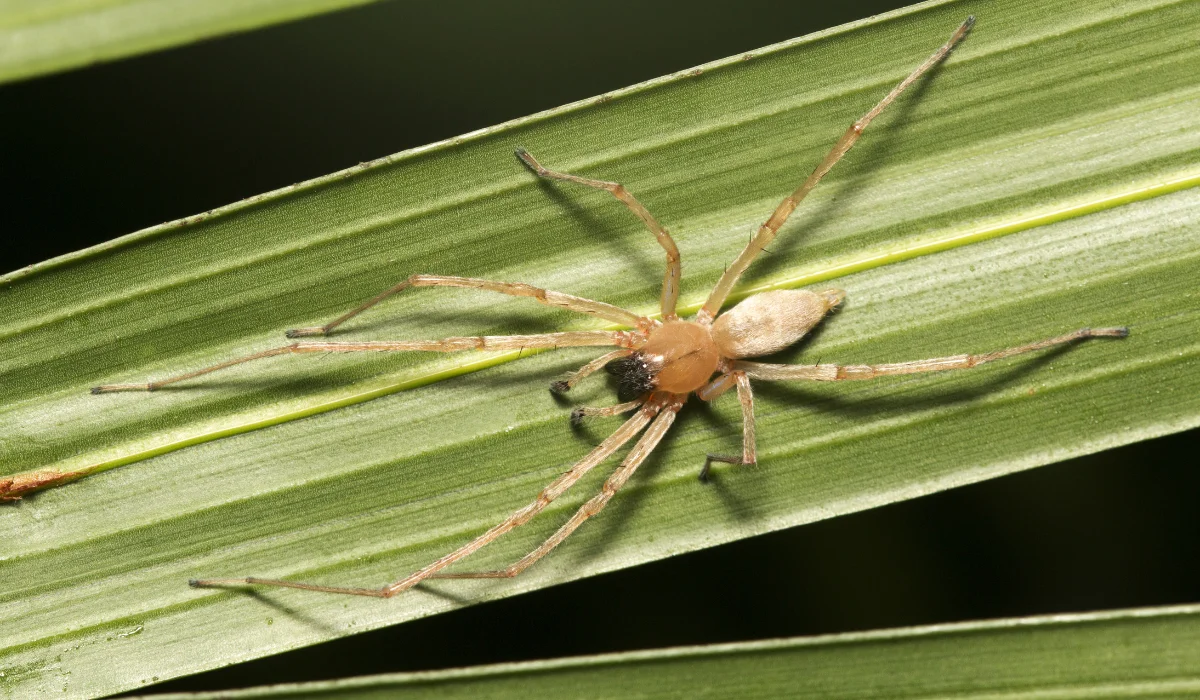Ever found your furry friend scratching non stop but you’re unsure where the source of the fleas is?
The culprit might be flea eggs lurking in your home. Depending on environmental conditions, flea eggs generally hatch within 2 to 14 days.
Why does this matter for pet owners and their homes? Keep reading to learn about the flea life cycle and how to combat these unwelcome guests effectively.
Key Takeaways
- Flea eggs typically hatch within 2 to 14 days, depending on environmental factors like temperature and humidity.
- After hatching, flea larvae go through several stages before becoming adult fleas that can reproduce.
- Flea dirt, bites, and visible larvae are signs that flea eggs have hatched in your home.
- Prevent flea eggs from hatching by treating pets, maintaining a clean home, and using flea repellents or professional pest control services.
HOW LONG DO FLEA EGGS TAKE TO HATCH?
Typically, dog and cat flea eggs can take 2 to 14 days to hatch, but environmental conditions can significantly affect the development of flea eggs. The main factors influencing include:
- Temperature: Flea eggs hatch faster in warmer environments, typically within 1-10 days at optimal temperatures (around 80°F).
- Humidity: High humidity levels (50-70%) are conducive to hatching, whereas low humidity can slow it down.
- Body Heat: Proximity to a warm host, like a pet and rarely humans, can accelerate hatching.
- Carbon Dioxide: High levels can create a more favorable environment for egg development.
- Shelter: Eggs in protected areas (like carpet fibers) are more likely to hatch successfully.
- Flea Life Cycle: The overall duration of its life span can also impact egg development, as eggs must hatch promptly to continue the cycle.
WHAT HAPPENS AFTER FLEA EGGS HATCH?
Once the flea eggs hatch, they transition from larvae to adult fleas, which involves multiple stages of the flea life cycle:
| Stages After Flea Eggs Hatch | Description |
|---|---|
| Larval Stage | Flea larvae molt three times before entering the pupae stage. |
| Pupal Stage | The larvae spin cocoons and develop into flea pupae, lasting from days to months. |
| Adult Fleas | Adult female fleas must consume a blood meal before they can lay eggs. |
HOW CAN YOU TELL IF FLEA EGGS HAVE HATCHED?
As homeowners, you must often stay vigilant to spot signs of a flea infestation. Here’s what you need to keep an eye out for before an apparent flea infestation.
Flea dirt is a significant indicator. Flea dirt resembles tiny black pepper-like specks. If you see it, there’s a good chance that eggs have hatched since flea dirt is the droppings of adult fleas.
Look for flea bites on pets or family members. Flea bites usually appear as small, itchy red bumps, particularly around the ankles and lower legs. Pets scratch more, especially around the neck and tail area.
Spotting flea larvae and adults with the naked eye can also signal that eggs have hatched. Larvae are tiny, worm-like, often found in dark hiding spots like carpet fibers or pet bedding.
HOW TO GET RID OF FLEA EGGS BEFORE THEY HATCH
Preventing flea eggs from hatching involves effectively treating pets and household environments. Here are the key steps to manage and eliminate flea eggs in both areas.
For Pets
Flea eggs on pets can be a persistent problem. Effective flea treatments can help break the flea life cycle and prevent eggs from hatching. Using products that contain insect growth regulators or spot-on treatments ensures comprehensive control.
For Home
Keeping your home flea-free is crucial. Flea eggs can get embedded in carpets, bedding, and furniture. So, consider these actionable steps:
- Vacuuming: Use a vacuum cleaner on carpets, rugs, and furniture to remove flea eggs.
- Washing Bedding: Wash pet and human bedding in hot water weekly to kill any flea eggs or larvae.
- Dry with High Heat: Dry washed bedding in a dryer on the highest heat setting to ensure all flea eggs and larvae are killed.
- Professional Exterminators: If the infestation is severe, contacting an exterminator might be necessary for thorough treatment.
IS IT TIME TO CALL THE EXPERTS?
As homeowners, you often wonder when it’s time to call in a pest control expert for a flea problem. When fleas are in more than just one or two spots, it’s a sign the problem is spreading.
Whether you’re in Baton Rouge or New Orleans, seeking expert help should be easy. For immediate intervention for a severe infestation, let Lajaunie’s flea control specialists tailor a solution that’s right for your home.
For more information about our services, visit our service page today.
 By: LaJaunie's Pest Control
By: LaJaunie's Pest Control 


